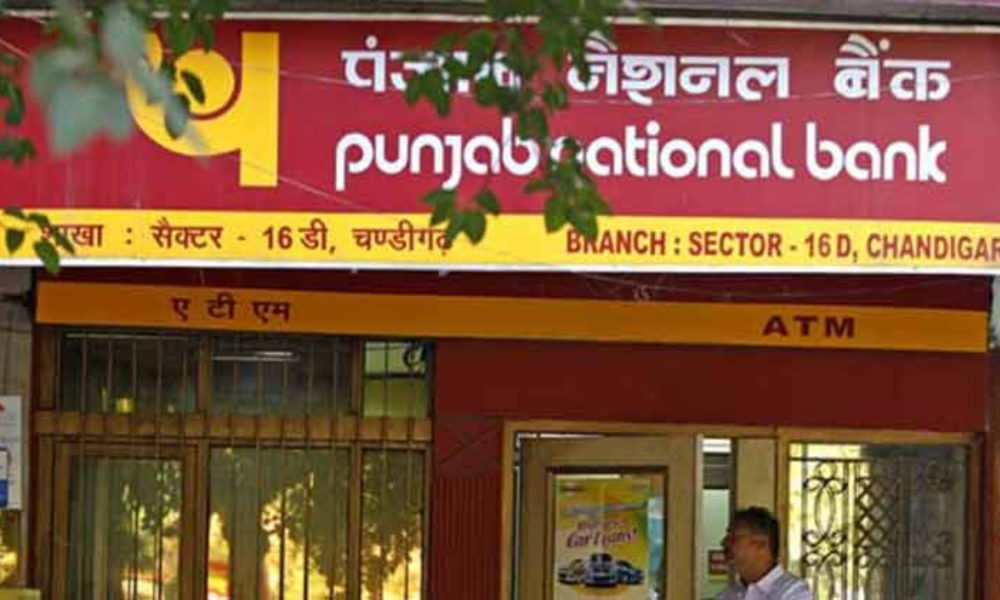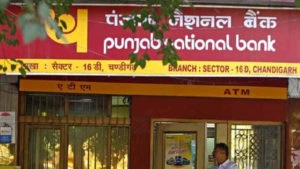Shell Companies and their features Shell Company has neither been defined under Companies Act 2013, Income Tax Act 1961 nor under any of the Indian Legislations. The Organization for Economic Cooperation and Development (OECD) defines shell companies as “A shell company is a company that is formally registered, incorporated, or otherwise legally organised in an economy but which does not conduct any operations in that economy other than in a pass-through capacity. Shells tend to be conduits or holding companies and are generally included in the description of Special Purpose Entities”. These companies are usually established with the motive to save the illegal money earned from the eyes of law. The money is transferred to the shell companies which have no physical existence, business transactions, etc. Through these companies, people try to commit offences like tax evasion, money laundering, use of money received from unknown sources. Recent cases and scams have helped the Indian judiciary to determine some basic features of Shell Company. The features identifying a company to be a shell company are –
The product or services provided are totally different from the company’s main business. Companies having no physical existence at the mentioned address or several companies having the same address. Companies having very less or no assets. The company established for illegal cross-border transactions and transfer of a huge amount of money. Payments of the large amount made to shell companies without any reasonable and legal business.
Through the above mentioned features of a shell company, it can be concluded that the simple motive behind the establishment of these companies is to commit economic offences through the laundering of illegal money earned by the large businessmen with the help of powerful people. These shell companies get registered by fulfilling all the legal formalities required for registration of a company. Due to the lack of check and balance system, and proper legislation on these companies, people go on committing such offences very easily. These offences lead to black marketing to a greater extent affecting the economic condition and trust of people over financial institutions very badly.
The Legality of Shell Companies
The Guwahati High Court in case of Assam Company India Ltd. and Ors v. Union of India explained the working of shell companies by stating that “A shell company is artificially identified with suspicious activities which include serious offences like tax evasion, Benami transactions, and conversion of black money to white, money laundering along with other associated offences”. A shell company is not always made for illegal purposes. Incorporating shell companies is completely legal while carrying out general business activities, such as a subsidiary to facilitate business takeovers along with estate acquisitions1, or to protect assets from lawsuits, to hide dealings with another company or to avoid target of criminals, or to gain access to foreign markets.
Recent Scams based on Shell Companies
Many wealthy individuals in India are using a large number of shell companies for illegal dealings and evasion of tax, etc. Some of the recent cases which had involvement of shell companies in India are: Yes Bank Scam: The founder of Yes Bank Mr. Rana Kapoor, along with his family floated more than 100 shell companies as per the information by Central Bureau of Investigation and Enforcement Directorate for misappropriation of funds and financial manoeuvres. These companies were used to cover the illegal money earned and were named after relatives of Mr. Rana. Due to lack of regulations over shell companies, Mr. Rana was able to set up more than 100 companies to commit an economic offence to a larger extent becoming a scam.
In Punjab National Bank Scam (2018), the Enforcement Directorate found that Nirav Modi, with the help of 17 shell companies based out of India, laundered an amount of Rs. 5,921 Crores in the Year 2017. Nirav Modi’s uncle Mehul Choksi, who was a fellow fugitive billionaire diamond merchant, ran a larger number of shell companies. While ED shortlisted 140 shells companies, SFIO was probing at least 400 companies. Both of them turned fugitive after deceiving the PNB of Rs 14,000 crore by procuring Letters of Undertakings (LoUs) fraudulently.
In the INX media Case, Former Minister P.Chidambaram was involved in granting Illegal foreign investment (FIPB) clearances to receive kickbacks. These kickbacks were paid through shell companies operated by his son Karti Chidambaram. The investigation department identified that there were several shell companies registered in India and abroad which had an investment of more than Rs. 300 Crore. His son also received payments of huge amount from a company located outside India which was figured in Panama Paper as well.
Impact of Shell Companies on the Economy
Shell companies help to launder money, illicit fund flows and tax evasions which harm the economy.
The shell companies are assumed to have a serious risk to the investors. Due to the lack of proper definition of shell companies, it’s difficult for the investors to identify a legal and a shell company made for illegal purposes. The network of shell companies puts in jeopardy the interest of investors and shareholders. It also adds fuel to black money menace.
Therefore, shell companies are hard to trace as they disguise their ownership to escape regulatory monitoring.
Laws to prevent illegal activities of Shell Companies
To tackle with the illegal activities of Shell Companies, there are few major statutes such as The Companies Act, 2013; Benami Transactions Prohibition (Amendment) Act, 2016; Prevention of Money Laundering Act 2002; Indian Penal Code, 1860; The Income Tax Act, 1961; Securities and Exchange Board of India Act, 1992; Black Money and Imposition of Tax Act, 2015.
All these laws have helped to find out the culprits behind the big scams all over the country. A few of them have been discussed above. For example, Nirav Modi was charged with an offence under PMLA in PNB Bank Scam; Rana Kapoor in Yes Bank Scam was booked for misappropriation of funds and financial manoeuvres.
In Satyam Scam, the country’s biggest accounting scandal, the company misrepresented its accounts to its investors, stakeholders, stock exchanges, regulators and its board members as well; and thus was booked under the aforesaid laws. P. Chidambaram was charged by CBI with offences of forgery, corruption and cheating under IPC in INX Media case, and moreover, the effectiveness of these laws can be seen from the fact that in Panama Papers leak case exposed 2,14,488 shell companies for numerous companies around the globe.
Government Initiative
In February 2017 a Task Force was set up by the Prime Minister’s Office under the chairmanship of Ministry of Corporate Affairs and Revenue Secretary to establish a systematic way to identify such companies indulging in illegal activities (here referred as shell companies).
This Task Force had found more than 2 lakh such companies whose names it had struck off the Registrar of Companies (RoC) under Section 248 of Companies Act, 2013.
Conclusion
A proper definition of Shell Company is required to create a clean economy and to make such offenders come out of their shell before they start harming the economy to a greater extent. For example, we can look into the definition of shell companies as per The US Securities Act Rule 405 and Exchange Rule 12b2 which defines shell company as ‘A company with no or nominal operations; and either, no or nominal assets consisting of cash and cash equivalents, or, assets consisting of any amount of cash and cash equivalents and nominal other assets’.
The Shell companies not only put investor’s interest in jeopardy but also give a boost to the business of black money. The government should plan at increasing vigilance over such companies with the help of data analytics. New rules and regulations should be made to protect the interest of investors. SEBI should keep an eye on wealthy organisations. The doubtful companies should be asked to submit a timely report of financial details mentioning about their subsidiaries and huge bank transactions compulsorily. The setting of a proper regulatory system, timely check, eye on corrupt practices will lead to a decrease in the amount of the frauds and use of shell companies for illegal purposes. The new regulations and enactments should be made in such a way that it doesn’t harm or affects the perfectly running legal business entities.














